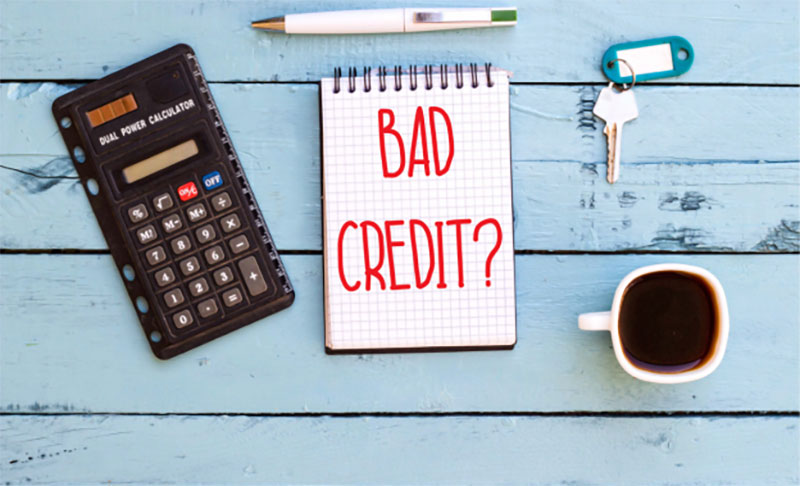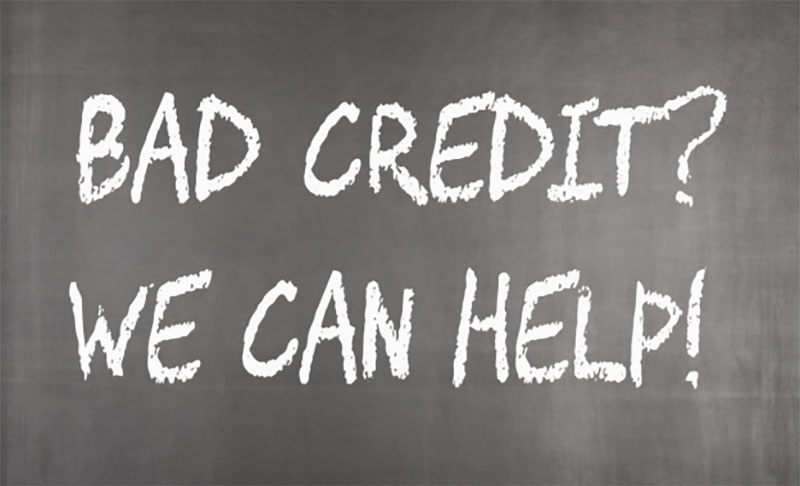When borrowing money, people with bad credit often need help with a difficult situation. Traditional lenders such as banks usually deny loans to these individuals because of their creditworthiness. However, there are still options available, such as bad credit loans. Online and alternative lenders typically offer these loans, focusing on financing people with less-than-perfect credit (under 580 or 600 scores).
Choosing the right bad credit loan lender is crucial to ensure you receive favorable terms, reasonable interest rates, and a smooth borrowing experience. But how do you choose the right lender for your needs? In this blog post, we'll discuss the key factors to consider when choosing the best bad credit loan lender.
1. Know What Type of Bad Credit Loan You Need
Before contacting lenders for a loan, decide which type of bad credit loan you may need. Understanding your financial requirements will help you narrow down your options and find a lender specializing in that particular type of loan. Here are a few common types of bad credit loans to consider:
Personal Loans: Personal loans for bad credit are the most common and unsecured loans. They can be used for various purposes, such as debt consolidation, medical expenses, or unexpected emergencies. They typically have higher interest rates but can provide flexibility in using the funds. Many lenders offer personal/unsecured loans ranging from $1,000 to $30,000.
Home Improvement Loans: A home improvement loan can be a suitable option if you're looking to renovate or repair your home. These loans are designed to finance home improvement projects and may offer longer repayment terms.
Auto Loans: If you need to purchase a vehicle but have bad credit, you can explore lenders that offer bad credit auto loans. These loans are specifically tailored for individuals with poor credit who need financing for a vehicle purchase. Some lenders may even provide options with no money down.
Student Loans: Students with bad credit may need help obtaining traditional student loans. However, some lenders offer bad credit student loans with guaranteed approval. These loans help cover educational expenses and provide an opportunity to improve credit through responsible repayment.
Secured Loans: If you have valuable collateral, such as a car or property, consider applying for a secured bad credit loan. By offering collateral, you provide the lender with added security, which may result in more favorable loan terms and lower interest rates. These loans are less expensive, but the lender can seize and sell your property if you don't pay on time.
Payday Loans: Payday loans are short-term loans that are typically repaid on your next payday. These loans are usually small in amount ($500) and are meant to cover immediate expenses. However, payday loans often have high-interest rates (300%) and should be used cautiously.
By identifying the specific type of bad credit loan you need, you can narrow your search and focus on lenders specializing in providing loans in that category.

2. Loan Amount and Interest Rate
Before selecting a bad credit loan lender, it's essential to consider the loan amount and interest rate. You'll want to ensure you can borrow the amount you require, and the interest rate won't make the loan unaffordable. To compare interest rates across various lenders, always check the Annual Percentage Rate (APR), which includes both the interest rate and fees.
Typically, the higher the APR, the higher the overall cost of borrowing. Always carefully review each lender's terms and conditions, interest rates, and repayment terms to ensure you choose the most suitable option for your financial situation.
3. Loan Terms and Repayment Options
The loan terms and repayment options are significant factors to consider as they determine the total amount you'll repay over time. A longer-term loan will have lower monthly payments, but you'll pay more interest over the life of the loan.
On the other hand, a shorter-term loan will have higher monthly payments, but the total interest charges will be lower. So, understand the repayment options, such as the number of amounts, payment frequency, and flexibility for early payment or repayment.
4. Lender Reputation and Customer Service
It's vital to research the lender's reputation and customer service before making any decisions. Look for their licenses and see if the relevant authorities regulate them. Look up reviews and ratings from other borrowers to get an idea of their experiences. Ensure the lender has a responsive customer service team to answer your queries or concerns.

5. Fees and Additional Charges
Lenders may charge various fees or additional charges, such as application fees, origination fees, prepayment penalties, or late payment fees. Ensure that you fully understand these fees and how they can impact the overall cost of the loan. Choose a lender with minimal fees and no prepayment penalties, so you can save money by paying off your loan early.
6. Approval Process and Funding Timeline
Finally, consider the lender's approval process and funding timeline. You can even prequalify with multiple lenders and check out the best for you. You'll want to ensure that the application process is straightforward and that you can quickly receive the funds if approved.
Most online lenders offer a pre-qualification process that allows you to check your loan options without affecting your credit score. If time is of the essence, choose a lender that provides fast funding, such as same-day or next-day funding.
Conclusion
Choosing the best bad credit loan lender requires careful consideration of various factors. Above, we've discussed the critical factors that will help you choose the best bad credit loan lender.
However, do your own research too, and compare different lenders. Beware of predatory lenders and scammers. And find a lender that has a website and meets your needs and financial situation. Remember to read the loan agreement carefully before signing up for any loan, and always borrow responsibly within your means.




